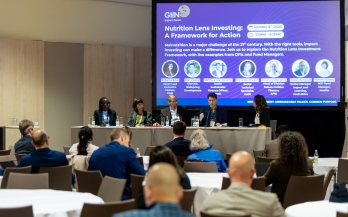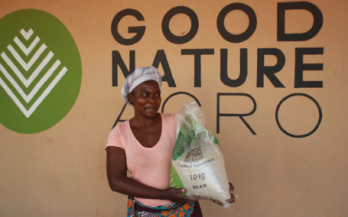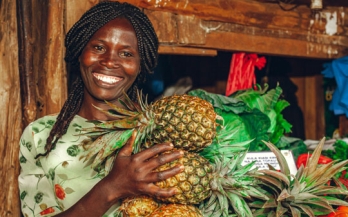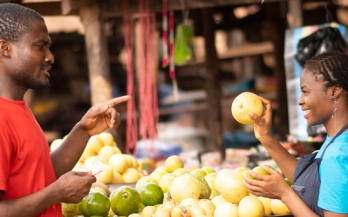Investing in companies that support nutritious food value chains could be a triple win for farmers’ livelihoods, their nutrition, and that of the end consumers of their products – but how do we know it actually works? Over the past few months, the Nutritious Foods Financing Facility (N3F) has been working with our first few investees and the leading impact-measurement specialist 60 Decibels to try and find out.
The benefits of trade are often viewed in economic terms, but its human impact — on malnutrition in particular — cannot be ignored. Malnutrition stunts development, weakens immunity, and deteriorates bone and muscle health.
Good nutrition has a hugely positive impact on health and other social goals, like educational attainment and work productivity – but the sector remains under-financed relative to its potential. How can we change this?
In a recent report, Overcoming Multistakeholder Partnership Financing Hurdles to Accelerate the SDGs, the World Resources Institute (WRI) and partners discuss the funding challenges and lessons learned of commercially driven multi-stakeholder partnerships and share some recommendations on how to effectively drive positive impact on the Sustainable Development Goals (SDGs).
Poor nutrition is an untrenched global challenge that impacts many of the 17 UN Sustainable Development Goals. Solving it will require a significant capital infusion in a more local, more sustainable, global food system able to deliver more affordable healthy food. That’s a big opportunity for impact investors.






